Understanding Continuum of Care in a Care Home
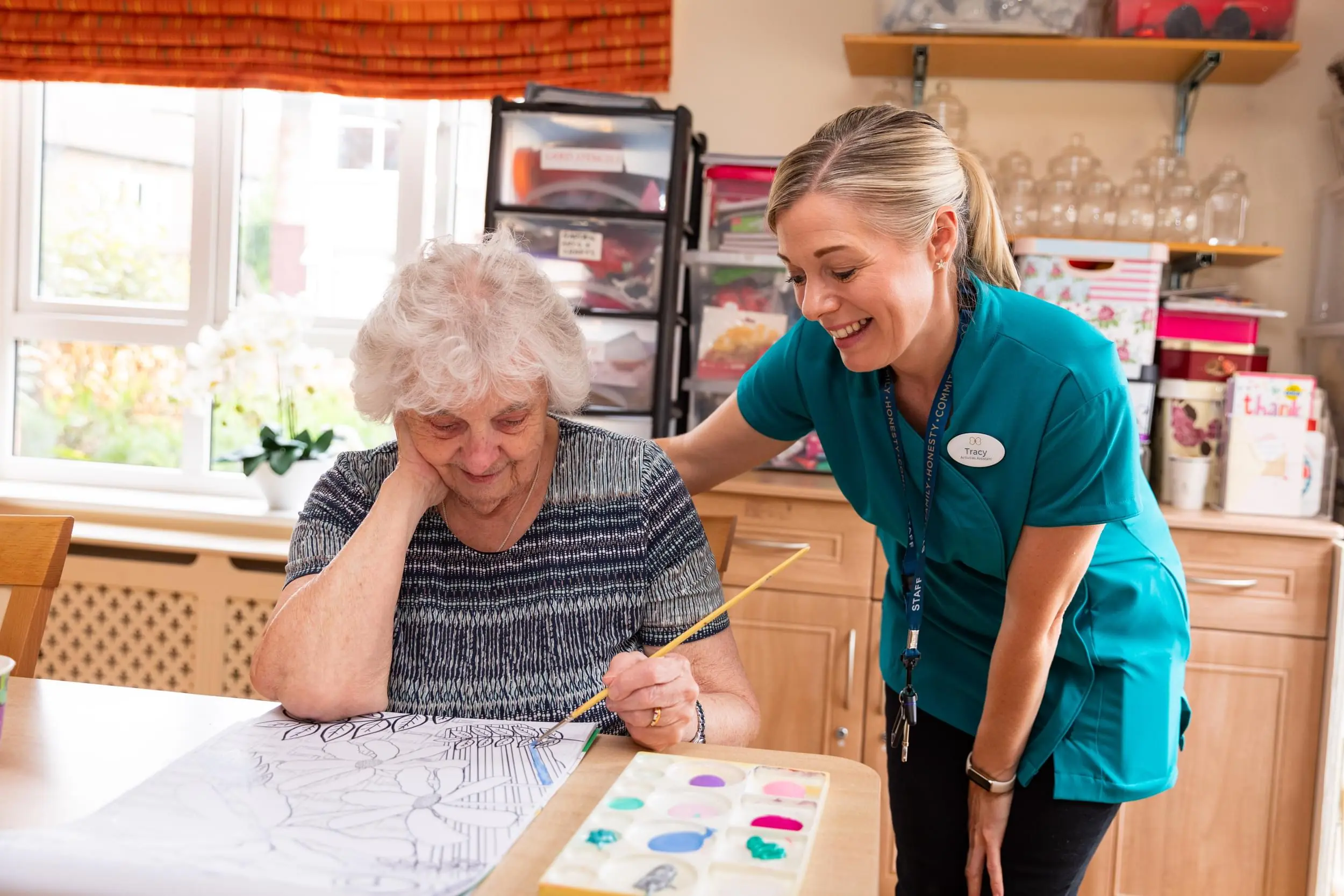
Choosing a care home for a loved one can be a deeply personal and sometimes emotional decision. It’s only natural to want reassurance that the home you choose can meet both current and future needs with compassion and consistency. This is where the concept of a continuum of care becomes so important.
The term might sound clinical at first, but in reality, it represents one of the most reassuring aspects of modern residential care. A continuum of care means residents can receive the right level of support throughout their entire care journey, even as their needs change over time.
What Does Continuum of Care Mean?
A continuum of care is an approach designed to provide seamless support for people as they move through different stages of life or health. In a care home, it means that all levels of care, from minimal daily assistance to full nursing or dementia care, are available within the same environment.
This model allows residents to remain in one familiar, comfortable setting, rather than having to move between different facilities as their care requirements evolve. It’s about creating security, stability, and peace of mind, knowing that the right support is always on hand.
At its heart, the continuum of care is built on strong relationships and a deep understanding of each resident as an individual. Care plans are regularly reviewed and adapted, ensuring every person receives the right type of care at the right time.
The Different Stages of Care
In many care homes that offer a continuum of care, support is delivered across several stages. These often include residential care, nursing care, dementia care, respite care, and palliative care.
Residential care is often the starting point for many residents. It provides daily support with personal care, housekeeping, and meals, all within a safe, homely environment. Residents enjoy independence while still having help available whenever it’s needed.
For those with more complex health conditions, nursing care offers continuous medical supervision provided by qualified nurses. This type of care combines professional expertise with genuine compassion, ensuring residents’ health needs are managed sensitively and effectively.
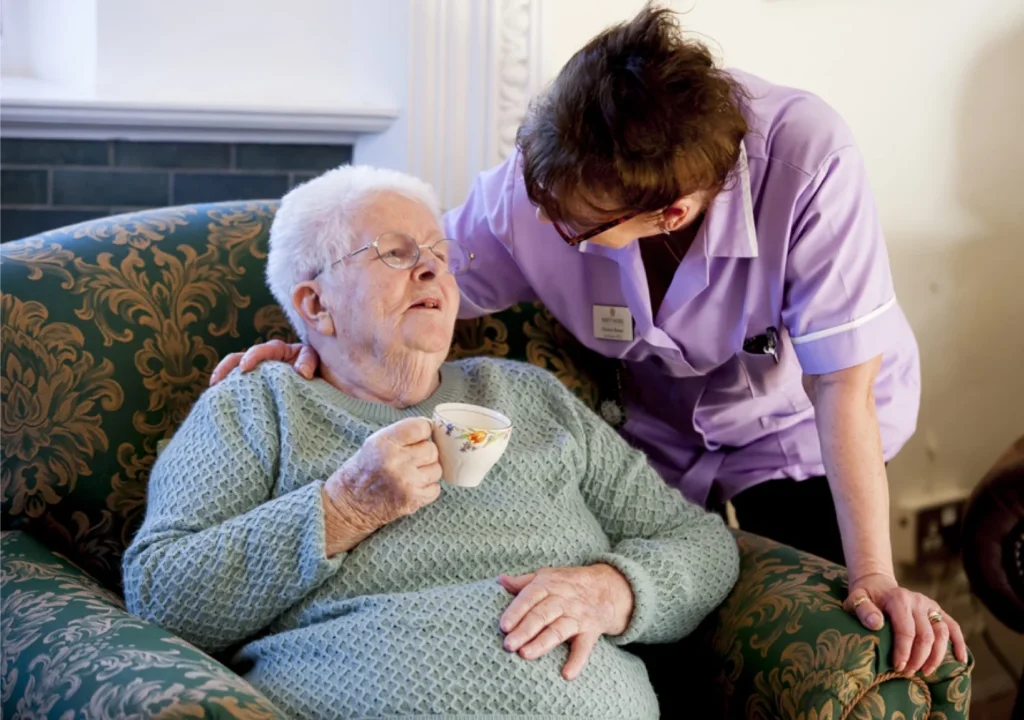


Many homes, including Heathlands Care Home, also specialise in dementia care, providing a calm and structured setting designed to support memory, familiarity, and emotional wellbeing. Staff are trained to understand the challenges of living with dementia and to respond with empathy and patience.
Respite care is another important part of the continuum. It offers temporary support for individuals recovering from illness or surgery, or simply provides families with a short-term break from their caregiving responsibilities.
Finally, palliative care focuses on comfort and dignity during the later stages of life. It ensures that residents and their families are supported emotionally, spiritually, and physically during this sensitive time.
Together, these services form a complete circle of care - one that evolves as each resident’s needs change.
Why Continuum of Care Matters
One of the main advantages of the continuum of care model is continuity. For residents, this continuity provides a sense of comfort and familiarity that’s invaluable, particularly as they grow older or experience changes in health.
It eliminates the disruption and anxiety that can come from having to move between multiple care settings. Instead, residents remain in a place that feels like home, surrounded by staff they know and trust. This consistency not only supports physical health but also enhances emotional wellbeing.
From a family’s perspective, it brings peace of mind. Knowing that your loved one won’t need to relocate if their needs increase provides reassurance that they’ll continue receiving high-quality, compassionate care within the same environment.
In practical terms, a continuum of care also allows staff to build long-term relationships with residents. Over time, carers become familiar with individual preferences, routines, and personalities. This deeper understanding leads to more personalised, responsive care - something that makes all the difference to quality of life.

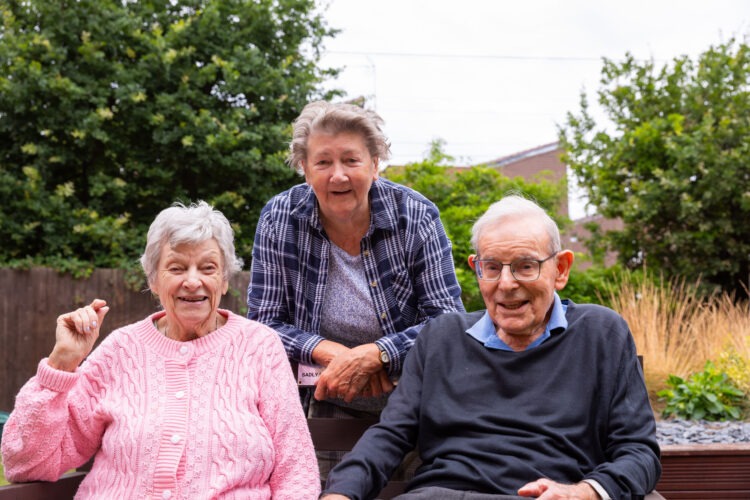
A Personalised Approach
At the centre of the continuum of care is personalisation. Every resident’s journey is unique, and the best care homes recognise that. Regular assessments and open communication ensure that care plans remain accurate and relevant.
For instance, someone may begin with light residential support but later benefit from additional medical assistance or dementia-specific care. The goal is to make these transitions as smooth and comfortable as possible, without any unnecessary change to surroundings, friendships, or routines.
This adaptable, person-centred approach ensures that residents maintain independence for as long as possible while receiving increasing levels of support only when they truly need it.
Life Within a Continuum of Care Home
While the clinical side of care is essential, life in a care home that embraces a continuum of care extends far beyond medical support. The environment itself plays a crucial role in wellbeing.
At Heathlands Care Home, residents enjoy the comforts of en-suite bedrooms, beautifully designed communal spaces, and access to private gardens where they can relax, socialise, or enjoy a moment of quiet reflection.
Daily life is enhanced by a thoughtfully planned activities programme that encourages residents to stay active, creative, and socially engaged. From arts and crafts sessions to gentle exercise, games, and music, there’s always something to enjoy.
Dining is another highlight. With fine dining experiences prepared by in-house chefs, residents can look forward to nutritious and delicious meals shared in a welcoming atmosphere.
These features combine to create a setting that feels less like an institution and more like a community - one where residents can thrive physically, emotionally, and socially.
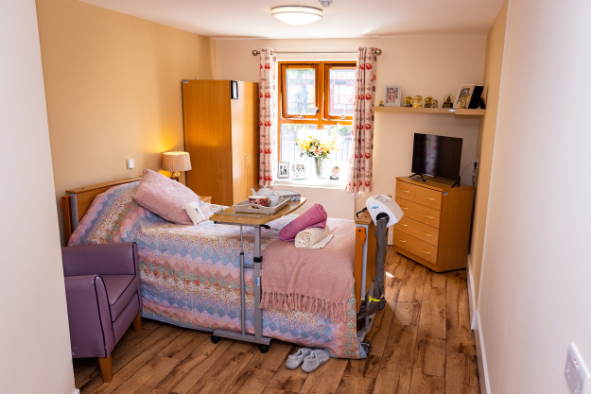
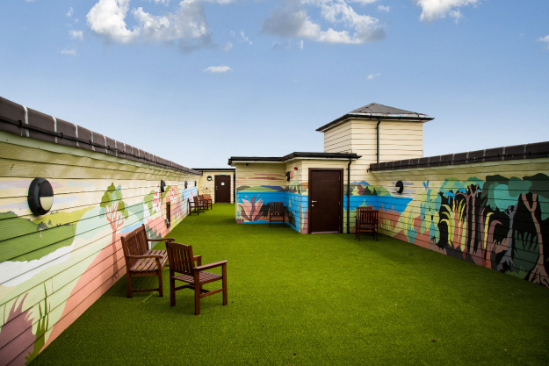

Peace of Mind for the Future
Perhaps the most valuable aspect of the continuum of care is the reassurance it offers for the future. Ageing and health changes can bring uncertainty, but a care home that provides comprehensive, evolving support helps remove many of those worries.
Residents and their families can focus on enjoying the present, confident that whatever the future brings, the right care will be available in a place that already feels like home.
This sense of stability and trust lies at the heart of compassionate long-term care - and it’s something that every family deserves when making such an important decision.
Continuum of Care at Heathlands Care Home in Chingford
At Heathlands Care Home, the continuum of care is more than a philosophy - it’s part of everyday life. Whether residents require residential, nursing, dementia, respite, or palliative care, every service is delivered with compassion, dignity, and respect.
Our dedicated team works closely with each resident and their family to create personalised care plans that evolve with changing needs. With luxurious surroundings, a vibrant community, and a strong focus on individual wellbeing, Heathlands provides a home where residents can truly feel secure and valued.
If you’d like to learn more about how Heathlands Care Home in Chingford offers a complete continuum of care, please get in touch with our friendly team today. We’ll be happy to answer any questions and help you find the right level of support for your loved one.



